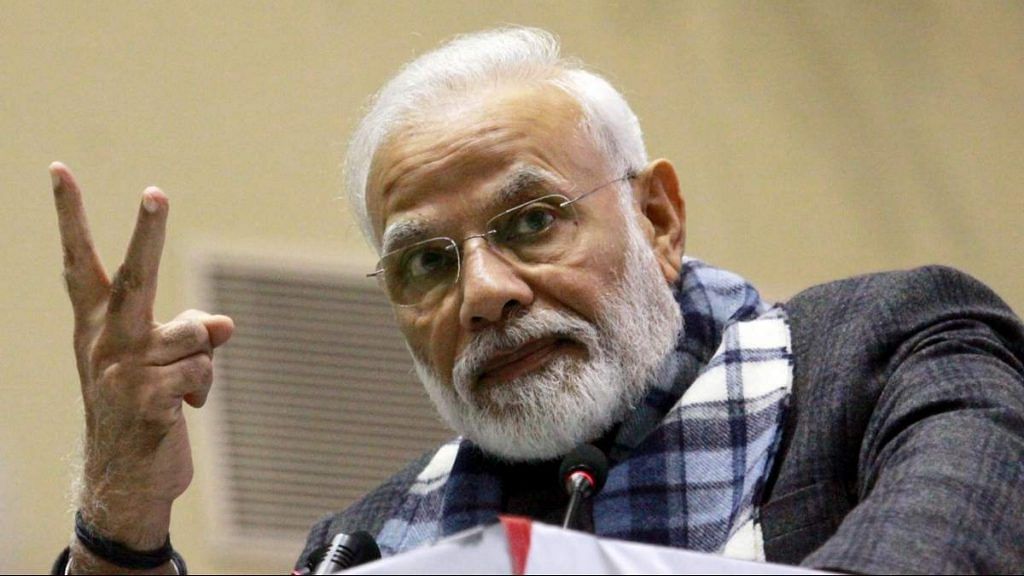New Delhi: The Modi government seems to be facing pushback from government officials in its attempt to purge corrupt and non-performing employees.
Last week, the Department of Personnel and Training (DoPT) issued its third reminder asking ministries and government bodies to furnish the names of employees who are seen as incompetent or face corruption charges.
Earlier letters, written in June and December 2019 seeking monthly lists, elicited few replies.
The government intends to compulsorily retire employees seen as deadwood by invoking Fundamental Rules 56 (J) and Rule 48 of Central Civil Service (CCS) Rules 1972, which allow forced ouster of staff in public interest.
In its latest communication, dated 8 January, the DoPT said it had received inputs from only 18 of over 100 government ministries and departments.
“It may be appreciated that this all-important exercise is to be carried out on top priority and on a regular and continuous basis,” the letter stated. “It is unfortunate that the inputs are not being received promptly from a large number of cadre units delaying the process.”
It set 21 January as the new deadline.
Also Read: Modi govt placates IRS officers unhappy with promotion delays, forced retirements
‘Fear of arbitrary use’
Sources in the DoPT said most ministries had not been forthcoming in providing the details sought by the government, and this was not going down very well with the administration.
“The inputs that are being requested are not of very senior officers either, but they are still not providing the details,” an official said. “That is why there are repeated reminders from the DoPT.”
Speaking to ThePrint, a government official working in one of the ministries yet to respond said the resistance was driven by fear that the provision for compulsory retirement might be used arbitrarily.
“If it becomes routine practice for the government to remove people they label as deadwood or corrupt, there would be no control over who is removed,” the official added.
There is another reason as well. “There are informal networks between all officers across services,” the official said. “Even if they are asking for details of somewhat junior officers, those officers are connected to senior officers, and there is obvious resistance in removing them.”
However, the DoPT official quoted above said the government was “very serious” about its attempt to remove corrupt and under-performing officials.
“It would be naive to think that procrastination can stop this government from doing what it has set out to do… This has been an important part of their agenda — it is important to remember that.”
The Modi government, which has initiated several reforms in the bureaucracy since its first term, has repeatedly expressed its desire to eradicate corruption by weeding out guilty officials.
So far, the government has removed several officers from the Indian Revenue Service (IRS) on grounds of corruption, non-performance, sexual harassment, etc, but has yet to make headway with other services.
Also Read: After IRS, Modi govt wants to forcibly retire IAS, IPS officers, review tainted ones monthly
